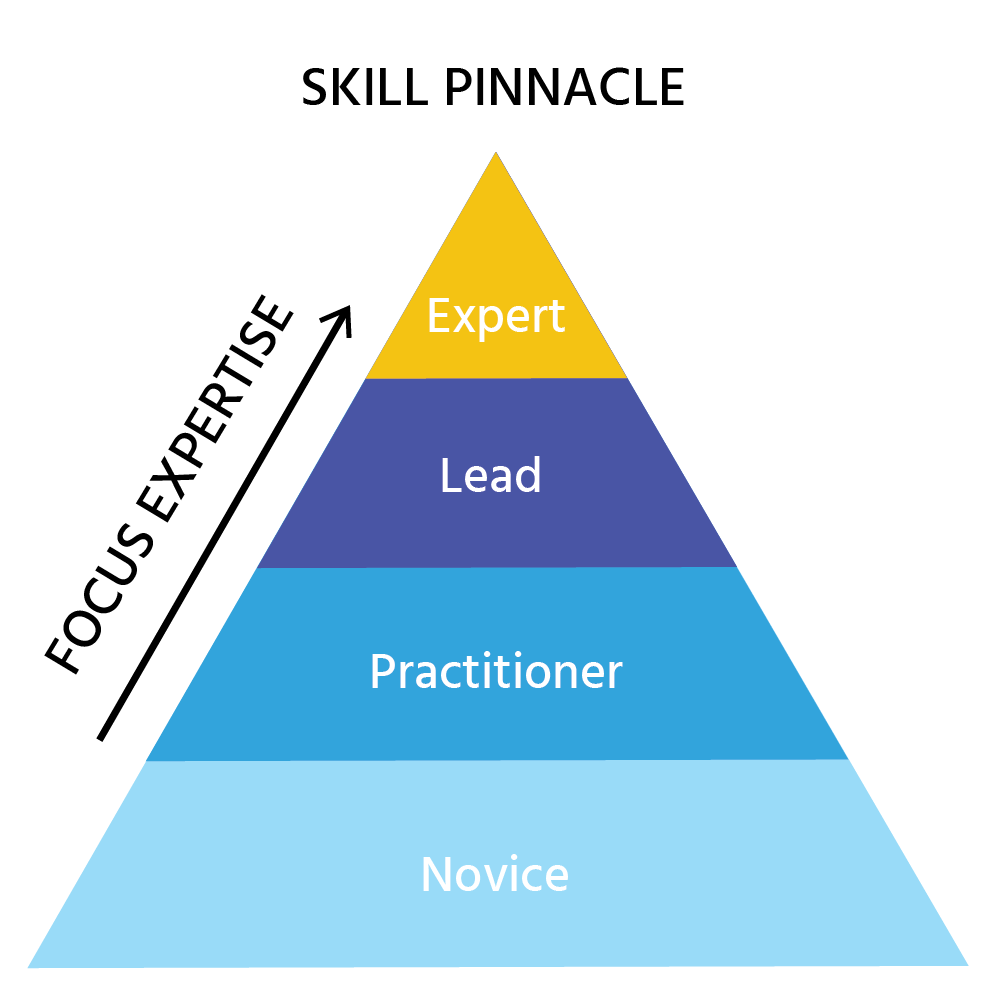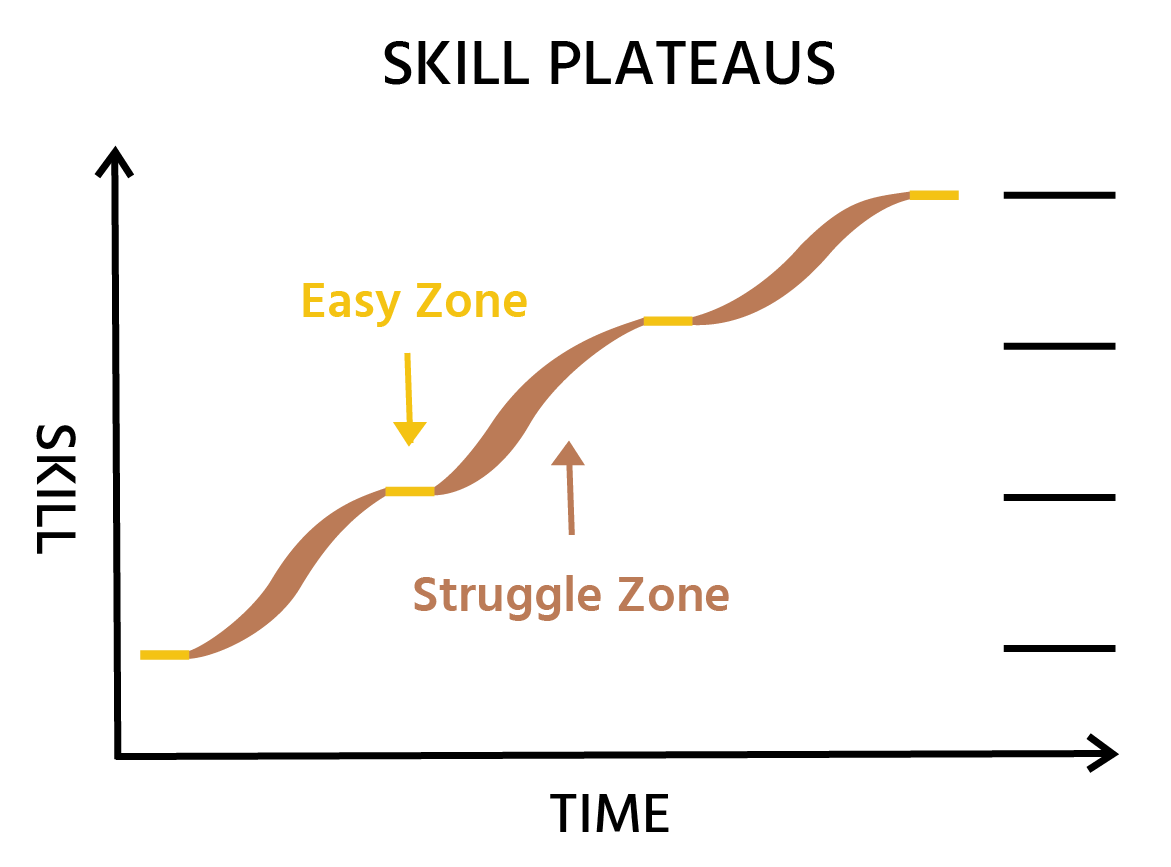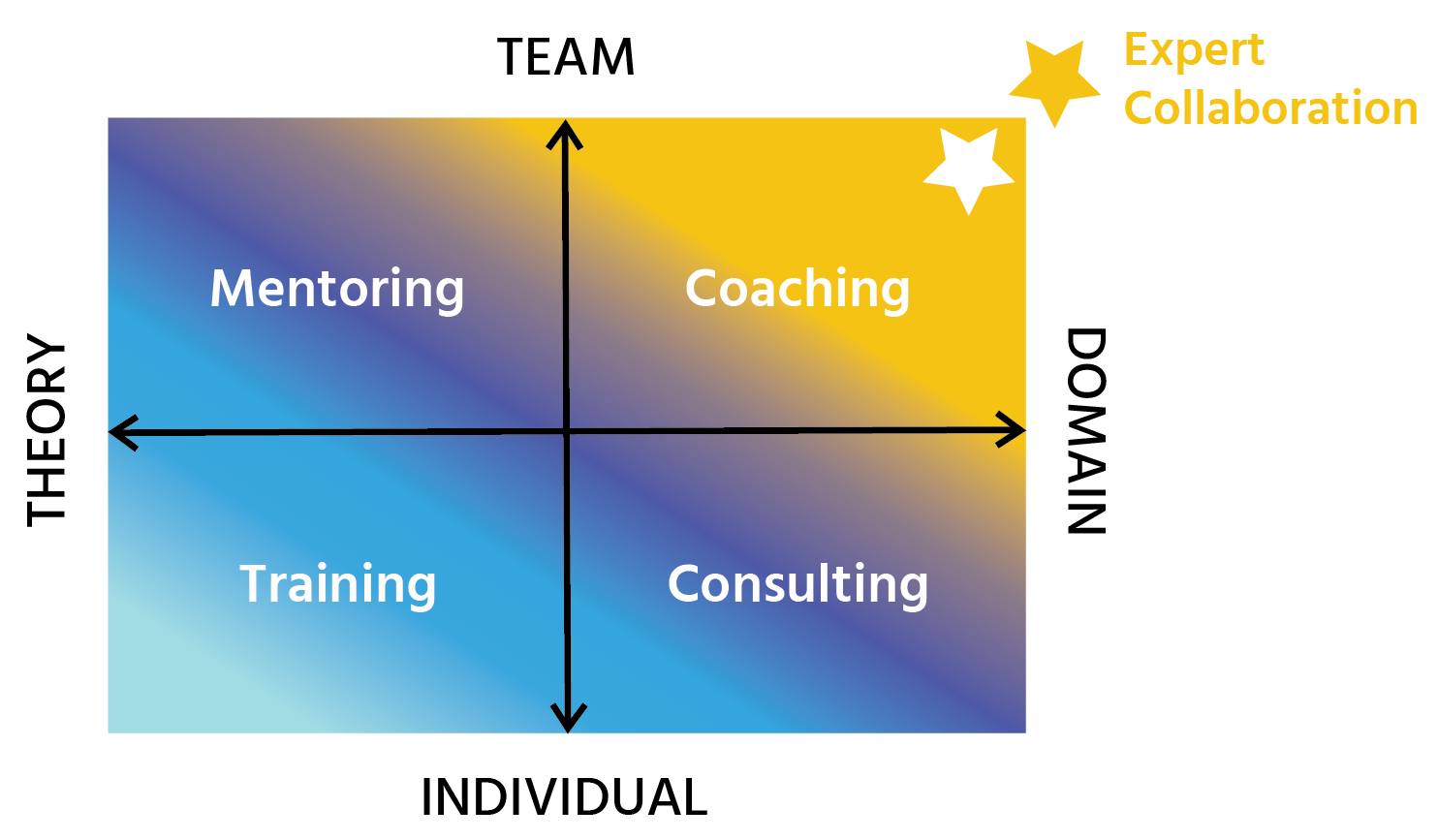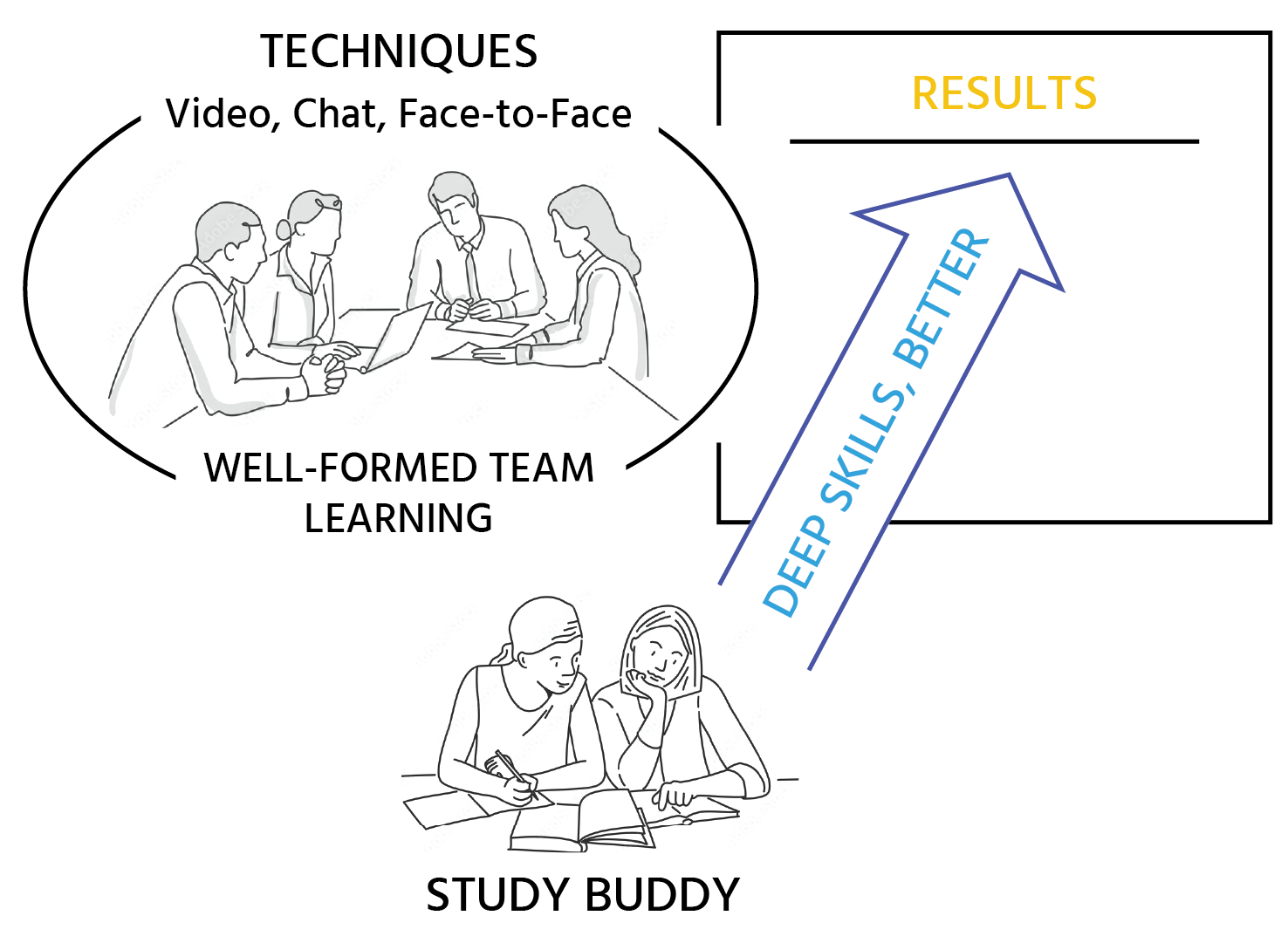In today's evolving global labor market, the benefits of Scrum development methodologies are becoming increasingly apparent. Bringing together teams of people with various skill sets, from traditional software engineers to non-technical professionals such as marketers and product managers, allows...
In today's evolving global labor market, the benefits of Scrum development methodologies are becoming increasingly apparent. Bringing together teams of people with various skill sets, from traditional software engineers to non-technical professionals such as marketers and product managers, allows organizations to harness the benefits of different expertise to transform their operations.
By taking A Scrum development approach, organizations transform into smaller versatile teams to produce results faster and in shorter cycles. Shorter cycles allow organizations to implement product updates without waiting for a large delivery cycle, thus strengthening agility. In addition, the approach allows for greater degrees of automation and insights into customer behavior that further optimize operational performance. Ultimately, well-managed transformations improve the quality of life for all, and Scrum teams are at the center of those transformations.
Fundamental transformations demand that scrum teams master the combination of theory and domain-driven skills.
Top Growing Skill Areas*
These skills are in increasing demand, and job roles requiring them will grow by at least 10-30% by 2030.
1. Analytical Thinking
2. Active learning and learning strategies
3. Complex problem-solving
4. Critical Thinking
5. Creativity Through Trial and Error
6. Leadership and Social influence
7. Technology Use
8. Technology Design and Configuration
9. Resilience and Stress Tolerance
10. Reasoning and Problem-Solving
11. Emotional Intelligence
12. User Experience and Support
13. Servant-Leadership Orientation
14. Systems Analysis and Evaluation
15. Teamwork
*Skill list and growth projection adapted from WEF Future of Jobs report 2020.
Four Steps for Growing Skills with Scrum
1. Develop Expertise
Skill focus and expertise become highly honed when we gain mastery. We often need mentorship to help us focus on what's important and not. As we gain expertise, we become leaders when we teach others. Mastery is a state of unconscious competence where performance is fluid and appears effortless to an outside observer. Experts are found at the pinnacle.

2. Make it Easy
Skill Plateaus highlight our learning journey. Each Plateau recognizes a new ease in performing a given skill. As we progress in our skill, we pass through a series of plateaus until we hit a point of diminishing growth - skill expertise becomes maximized, and performance becomes expert.

3. Build Teamwork
Leadership requires awareness of the zone you are in when acquiring or performing skills. Domains demand new technologies and skills, when you start something new you are in a ‘training zone’ as an individual or team. Well-Formed Teams collaborate seamlessly through the zones of training from mentoring, coaching, consulting, and back as skills are acquired. As the team gains expertise, new theories emerge, and domain practices deepen.

4. Seek Results
Scrum brings a new dynamic by emphasizing continual Inspect & Adapt behavior. The idea is to use the rhythms of Scrum to improve techniques and results. Learning is done by teams, pairs, and individuals. The cumulative result is a mature team behavior that becomes adept at traversing a complex problem space.

These Four Steps (Develop Expertise, Make it Easy, Build Teamwork, Seek Results) for growing skills with Scrum will bring benefits to you, your team, and your organization.
Interested in Growing Your Scrum Team’s Skills?
Explore our Upcoming Certified Scrum Training Courses
The post Benefits of Scrum appeared first on 3Back.








